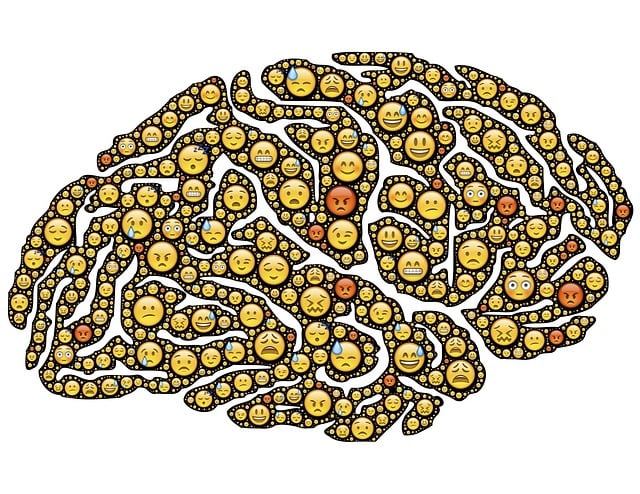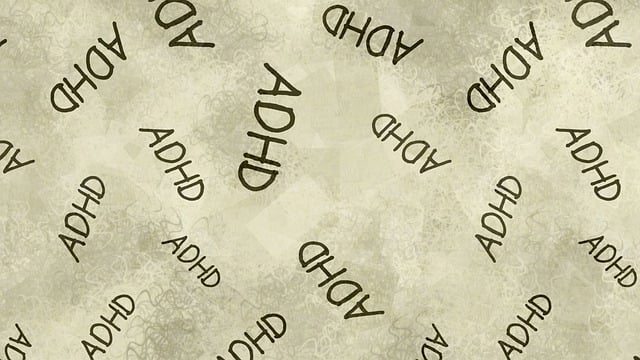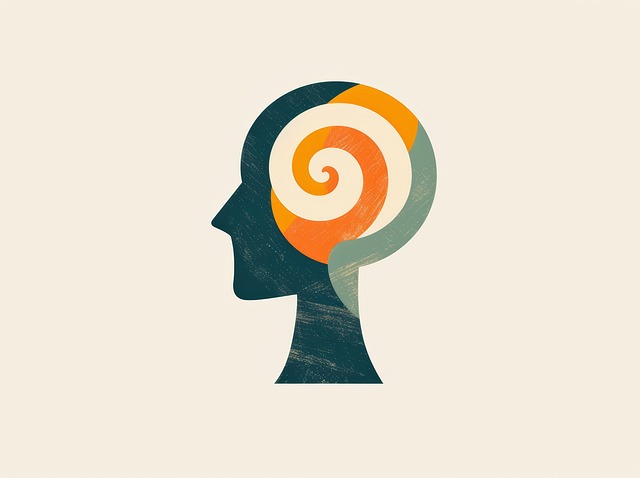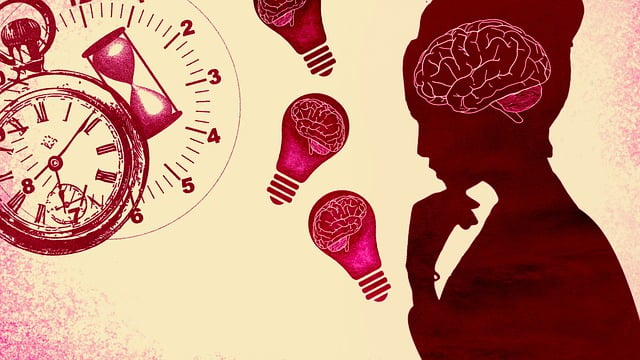Aurora Children Therapy advocates for accurate and diverse representations of mental illness in media, aiming to destigmatize and educate the public. They collaborate with creators and healthcare providers to promote authentic storytelling, cultural competency, and emotional regulation techniques. By reshaping portrayals in children's media, they reduce stigma and empower young viewers with coping mechanisms. Through specialized therapy, education, and engagement with parents, policymakers, and caregivers, Aurora Children Therapy fosters understanding, early intervention, and improved mental health outcomes for kids.
In today’s media landscape, accurate representation of mental illness is crucial for challenging stereotypes and fostering empathy. This article explores the current state of mental health depiction in media, delving into the profound impact of stereotypes and misinformation on public perception. We present strategies for positive change, highlighting case studies like Aurora Children Therapy, demonstrating successful models for empathetic portrayal in children’s media. Additionally, we emphasize the importance of engaging parents, caregivers, and policymakers through dialogue and education to drive systemic improvement.
- Understanding Mental Illness Representation in Media: The Current Landscape
- The Impact of Stereotypes and Misinformation on Public Perception
- Strategies for Accurate and Empathetic Portrayal in Children's Media
- Aurora Children Therapy: A Case Study of Positive Change
- Fostering Dialogue and Education: Engaging Parents, Caregivers, and Policy Makers
Understanding Mental Illness Representation in Media: The Current Landscape

In today’s media landscape, mental illness representation has been a subject of increasing scrutiny and debate. The way mental health conditions are portrayed can significantly influence public understanding and perception, which is why Aurora Children Therapy advocates for accurate and nuanced portrayals. Currently, media often perpetuates stereotypes and misconceptions about mental illness, contributing to stigma and misinformed attitudes. This is particularly concerning as media has the power to shape public opinion and influence how individuals with mental health challenges are treated in society.
The current representation of mental illness in media frequently falls into simplistic or sensationalized narratives, failing to capture the complexity and diversity of these conditions. There is a growing recognition that media can serve as a powerful tool for raising awareness, challenging stereotypes, and fostering empathy. By promoting more authentic and diverse portrayals, Aurora Children Therapy aims to enhance public understanding and encourage support for individuals struggling with mental health issues. This shift demands collaboration between media creators, healthcare providers, and organizations like Aurora Children Therapy, who can offer insights into the nuances of various conditions and advocate for cultural competency training among healthcare providers. Through implementing effective emotional regulation and emotional well-being promotion techniques, media can play a pivotal role in destigmatizing mental illness and fostering a more compassionate society.
The Impact of Stereotypes and Misinformation on Public Perception

The media plays a pivotal role in shaping public perceptions about mental illness, often influencing how society understands and interacts with those affected. However, stereotypes and misinformation prevalent in various forms of media can lead to prejudiced views and harmful generalizations. When media portrayals depict mental health conditions as inherently dangerous or weakness, it reinforces the notion that individuals with such issues are unpredictable and unworthy of empathy. This misperception not only stigmatizes people seeking help but also hinders their access to much-needed support services like Aurora Children Therapy.
Organizations offering Mental Health Education Programs Design can counter these negative effects by promoting accurate representation in media, emphasizing the diversity of mental health experiences, and advocating for more nuanced storytelling. By educating the public about mental wellness and stress management through workshops and initiatives, they can foster an environment where individuals feel supported rather than stigmatized. Such efforts are crucial in challenging deeply rooted misinformation and encouraging a culture of understanding and compassion for those dealing with mental health challenges.
Strategies for Accurate and Empathetic Portrayal in Children's Media

In children’s media, accurately and empathetically portraying mental illness is paramount. This involves more than just including characters with mental health challenges; it requires deep understanding and nuanced storytelling. Producers should collaborate closely with mental health professionals like those at Aurora Children Therapy to ensure the authenticity of portrayals. Sensitivity towards the specific disorders, their symptoms, and treatment options can help dispel myths and reduce stigma, fostering a more supportive environment for young viewers.
Integrating these strategies into the creative process not only enhances the storytelling but also contributes to crucial Mental Illness Stigma Reduction Efforts. Moreover, it can inspire empathy and encourage open conversations about mental health. Organizations like Stress Management Workshops and Mental Health Education Programs Design can play a pivotal role in guiding media creators towards responsible representation, ultimately shaping a more inclusive and supportive societal narrative.
Aurora Children Therapy: A Case Study of Positive Change

Aurora Children Therapy stands as a shining example of how media can be leveraged to challenge stereotypes and promote positive mental health discourse. This therapy centre has been at the forefront of providing specialized care for children facing various mental health issues, focusing on both individual needs and family dynamics. Through their innovative approach, they offer not just treatment but also education, ensuring that parents and caregivers understand the nuances of childhood mental health.
By integrating therapeutic play, art therapy, and evidence-based practices, Aurora Children Therapy creates a safe space for kids to express themselves. Their dedicated team uses media as a tool to teach coping mechanisms, stress management techniques, and even develop self-care routines, all while addressing underlying issues like depression prevention. This holistic method has led to remarkable improvements in the lives of countless children, offering hope and healing through accessible, positive representations of mental illness in media.
Fostering Dialogue and Education: Engaging Parents, Caregivers, and Policy Makers

Engaging parents, caregivers, and policymakers is a pivotal step in challenging the stigmatized representation of mental illness in media. Aurora Children Therapy emphasizes the power of dialogue and education to foster an environment where mental health discussions are normalized. By providing resources and platforms for open conversations, individuals can learn about various conditions, dispel myths, and understand the importance of early intervention. This collaborative approach ensures that families have the tools to recognize signs of struggle in children and seek appropriate support.
Policy makers play a crucial role in implementing changes that promote mental well-being. By integrating programs that teach Mind Over Matter principles, enhance self-esteem improvement, and equip individuals with conflict resolution techniques, we can create a more supportive societal fabric. Through these efforts, the media’s portrayal of mental illness can be transformed, reflecting reality and offering hope for those in need.
In addressing mental illness representation in media, we’ve seen that the current landscape is filled with both harmful stereotypes and misinformation. However, strategies for accurate and empathetic portrayal, such as those employed by Aurora Children Therapy, offer a promising path forward. Through case studies like this one, along with dialogue and education initiatives involving parents, caregivers, and policymakers, we can foster a more understanding society. By challenging media norms and advocating for responsible representation, we ultimately strive to revolutionize how mental illness is perceived and supported in our communities.














